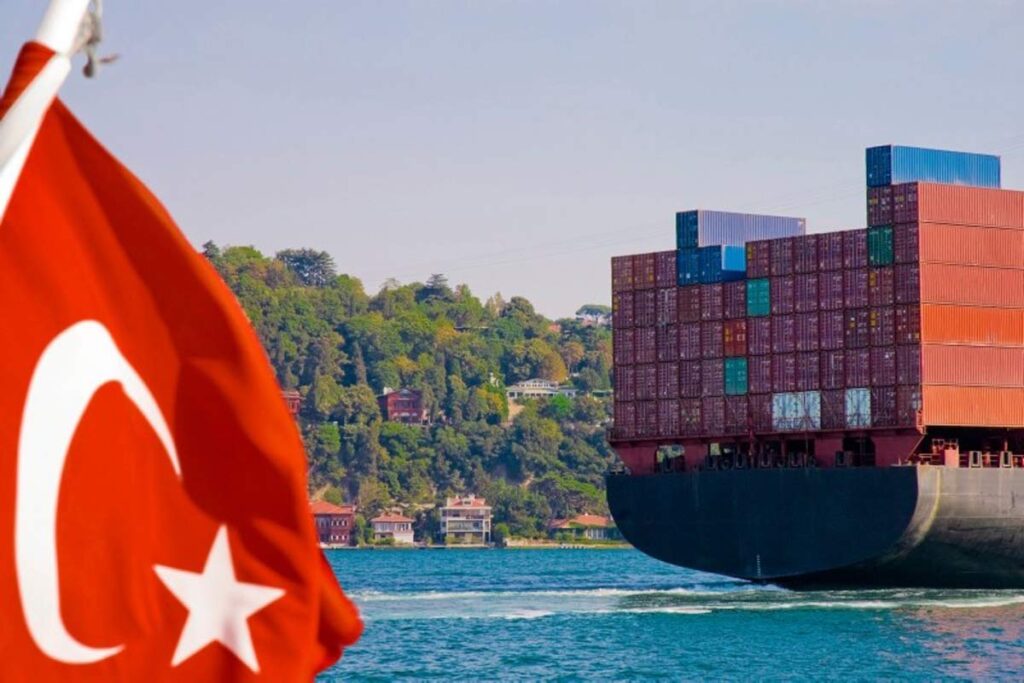The importance of trade in Istanbul
Trade plays a crucial role in Istanbul’s significance as a global city. Istanbul has been a vital commercial hub for centuries due to its exceptional geographical location and rich trading history.
First and foremost, Istanbul is situated on the Bosphorus Strait, connecting the Black Sea and the Sea of Marmara. This strategic waterway links the European and Asian continents, giving Istanbul a competitive edge as a trade and maritime transportation center.
Secondly, Istanbul’s illustrious trading history dates back to ancient times. The city was a prominent center for the trade of silk, spices, agricultural products, and livestock. During the Middle Ages, Istanbul was a major hub for the trade of cotton, wool, leather, and precious metals. With the establishment of the Ottoman Empire, Istanbul became a significant commercial hub, attracting traders from all over the world for business exchanges.
Thirdly, in modern times, Istanbul has continued to maintain its role as a major trade center. The city boasts numerous modern commercial areas, traditional markets, and large shopping centers. Additionally, Istanbul is home to many multinational companies and institutions, and it hosts numerous major trade fairs and conferences.
“Istanbul, the continuous blow of the East wave against the West wave.”
- Susan Moody is an English novelist
Finally, it is important to mention the impact of Istanbul’s trade on its economy. Trade contributes significantly to the city’s GDP and provides employment opportunities for a large number of people. The vibrant trade sector in Istanbul attracts foreign direct investment, fosters economic growth, and stimulates innovation and entrepreneurship.
In conclusion, trade holds immense importance in Istanbul, driving its economic growth, connecting global markets, and cementing its position as a pivotal city for commerce and trade.






